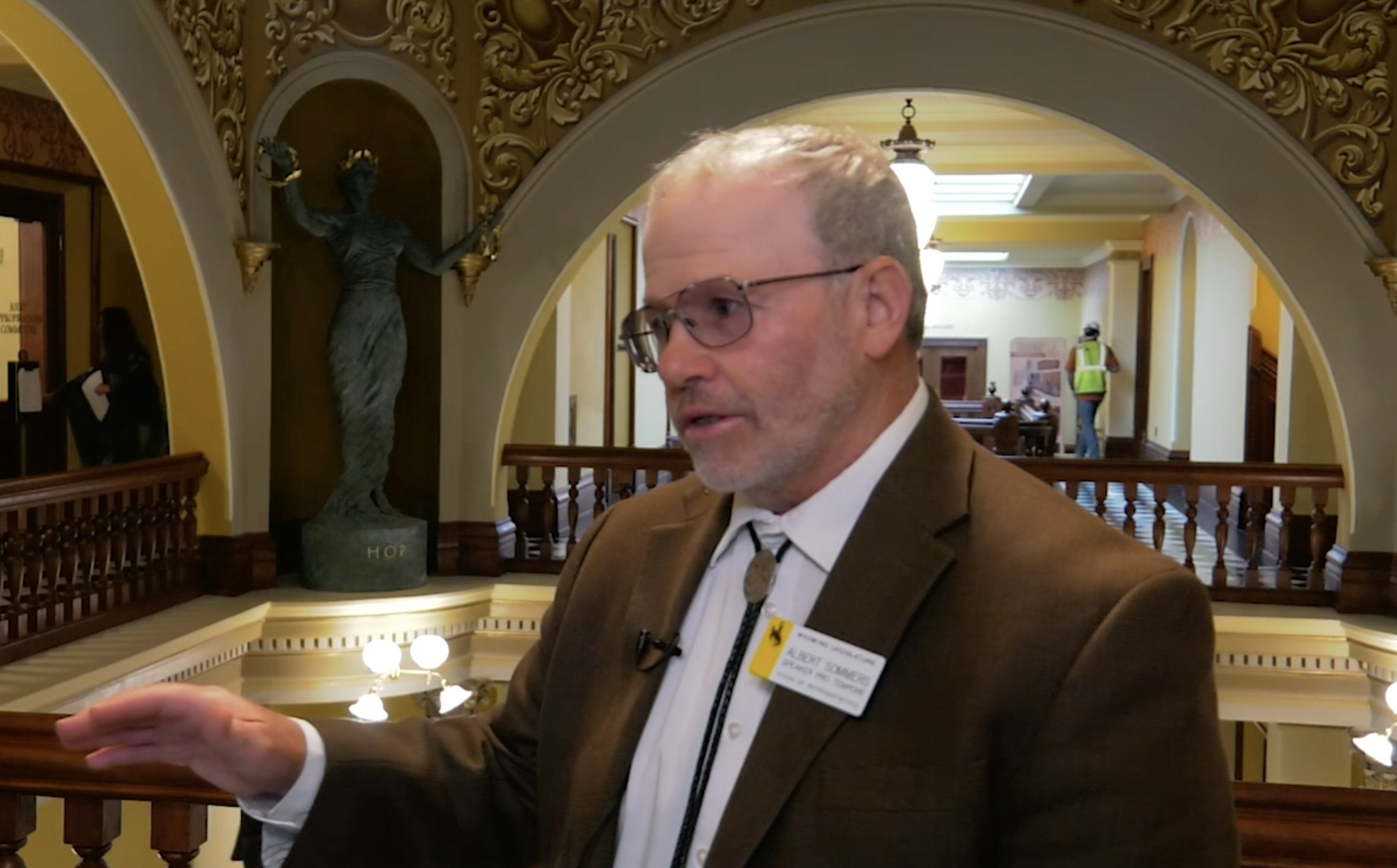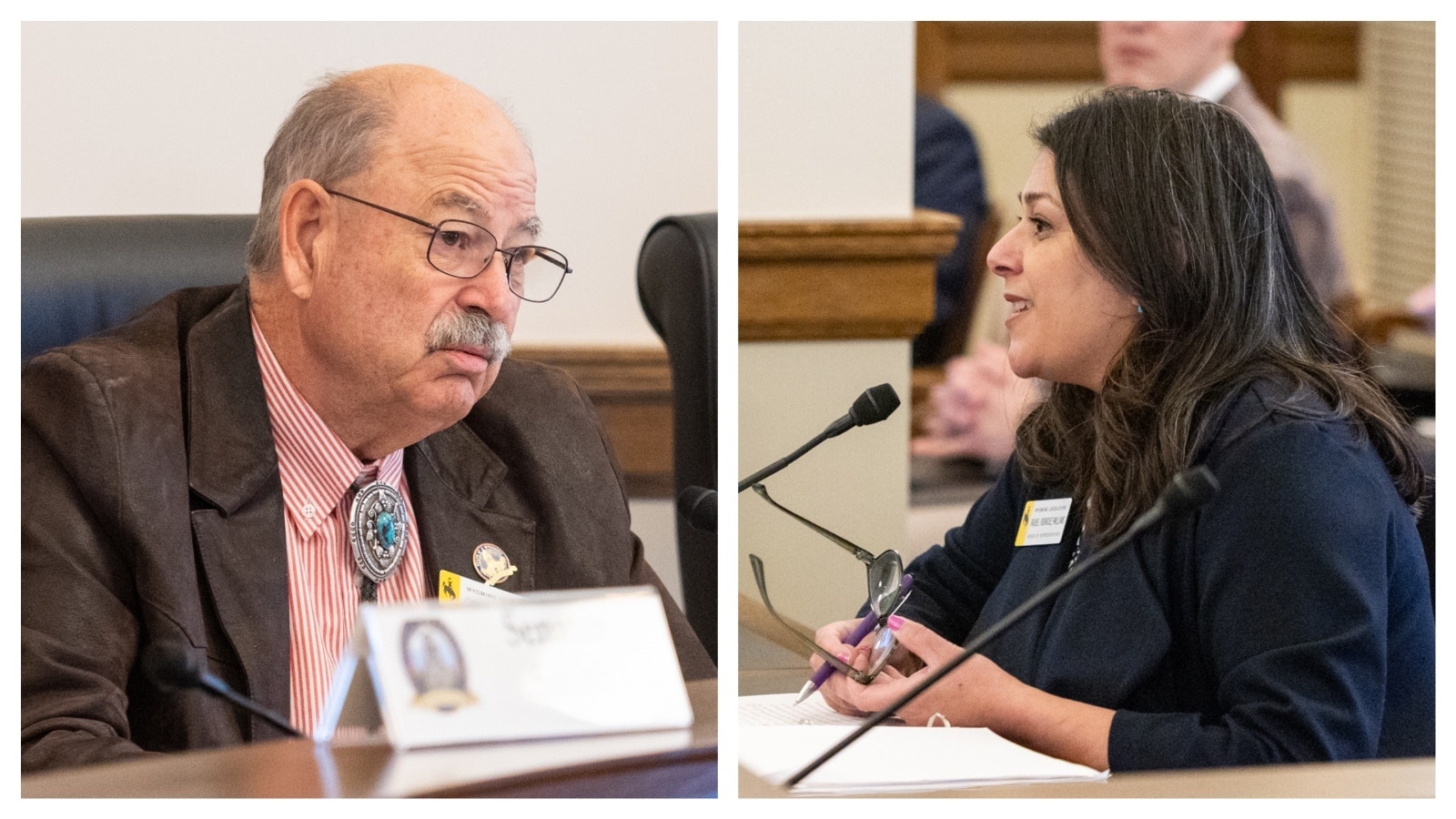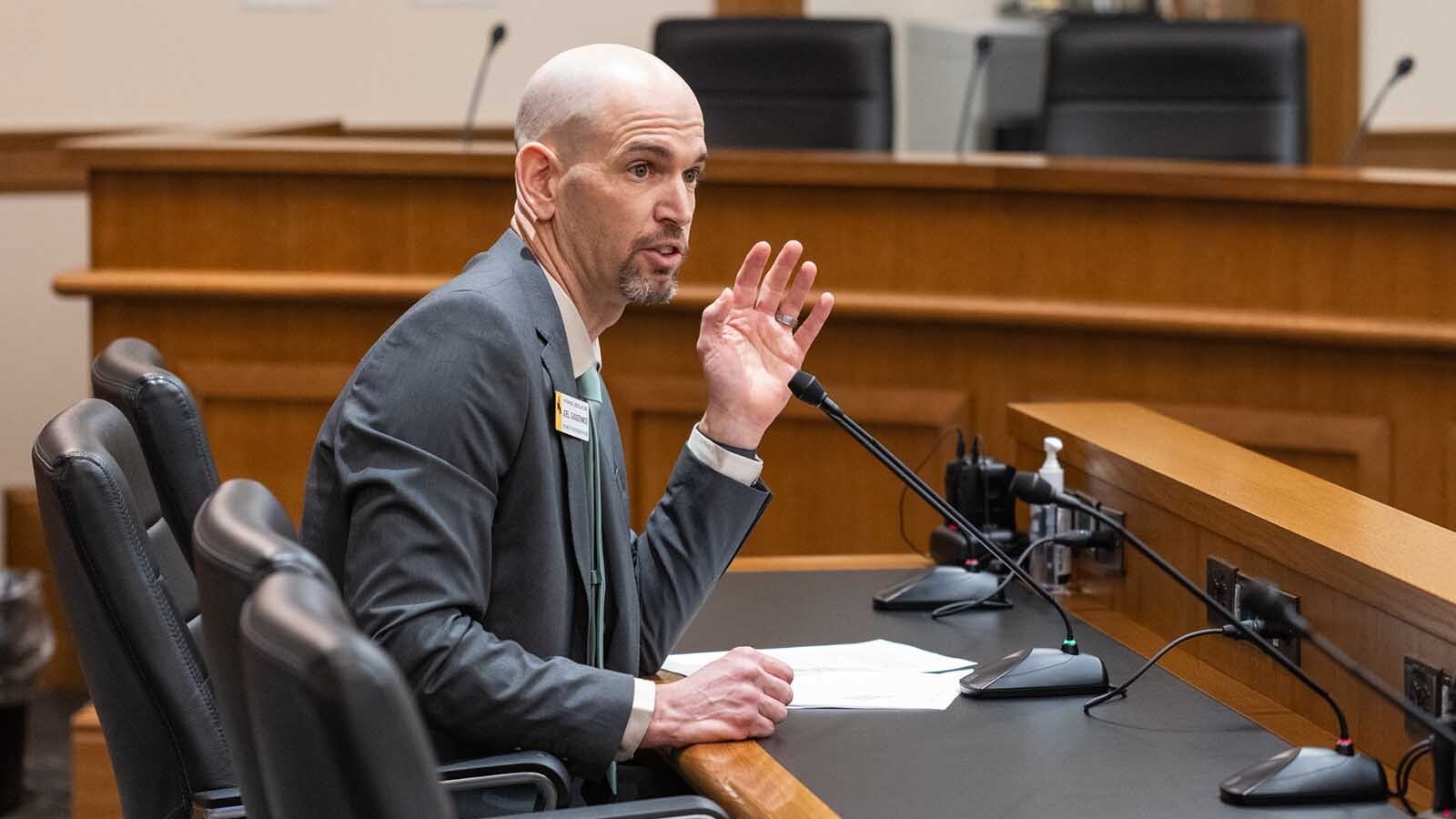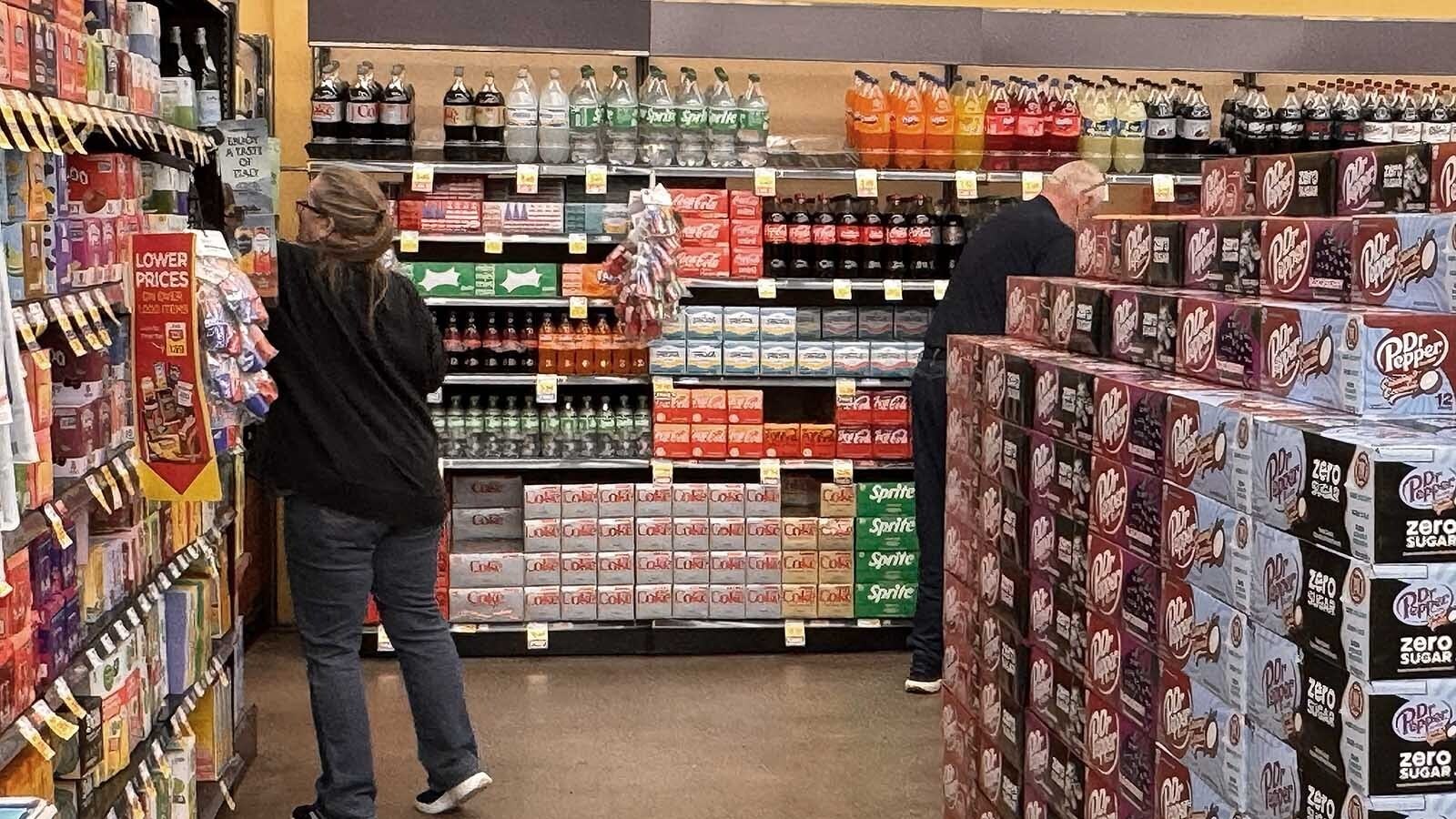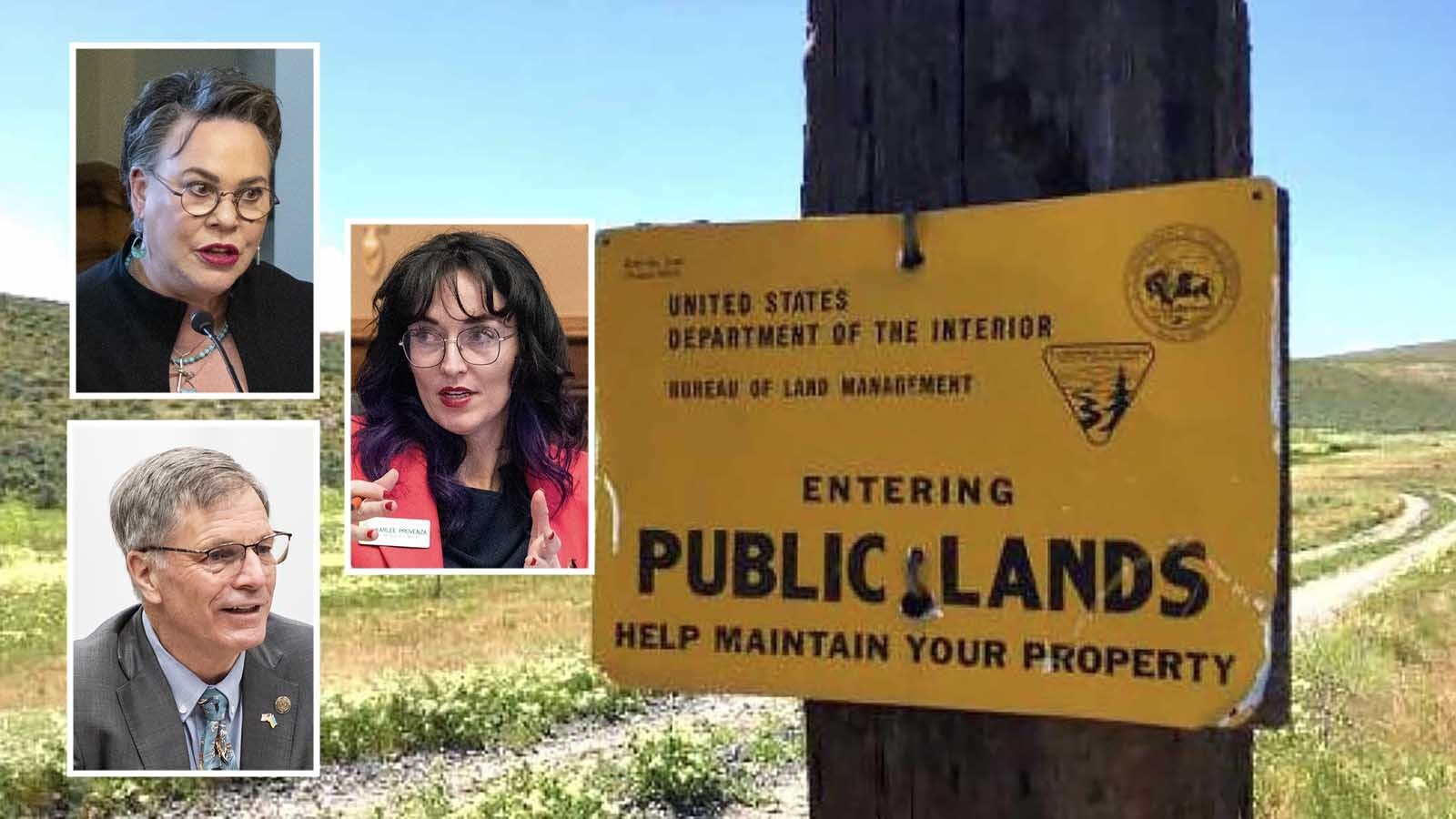By Bob Geha
Wyoming legislators will have $48 million less to spend over the next two years than originally believed, according to a report issued Friday.
The state’s Consensus Revenue Estimating Group (CREG) submitted a report to the Legislature’s Joint Appropriations Committee that showed revenues for the state over the next biennium, running from July of 2020 through June of 2022, will drop below levels predicted in October.
The CREG told JAC members the decline was largely due to drops in natural gas prices.
The JAC is meeting to prepare its budget for the biennium for presentation to the Legislature, which opens its budget session on Feb. 10. After all of the state’s agencies are funded, officials believe lawmakers will only have about $20 million to $25 million to finance other projects.
Although the state has reserve funds it can use to pay some operations, those reserves will not last forever and lawmakers will have to take that into account, said JAC member Rep. Tom Walters, R-Casper.
“There’s going to be multiple legislators that have great ideas coming from their neck of the woods and we’ll just have to see how those work out,” he said. “Wyoming is in a good position as we do have some reserves that can be used, but those reserves won’t last forever, so we have to make some hard choices for certain.”
Rep. Albert Sommers, R-Pinedale, another JAC member, said he believes the Legislature will have to be careful with programs that put an ongoing drain on state coffers.
“Those ongoing expenses of government that we have, we need to be careful where we inflate those and where the needs are, because I really do worry about revenues going into the future,” he said.
As the state adjusts to lower revenues from its energy industry, it might turn more to the tourism and outdoor recreation sectors to make up for declining income, said committee member Sen. Mike Gierau, D-Jackson.
“It really puts the attributes that this state loves and the things that we love about living here and puts it right out front,” he said. “We want to display that to the world. That’s the way we can get people to come, to visit, to spend money, which creates money for the state. It’s a good bet for the state.”

